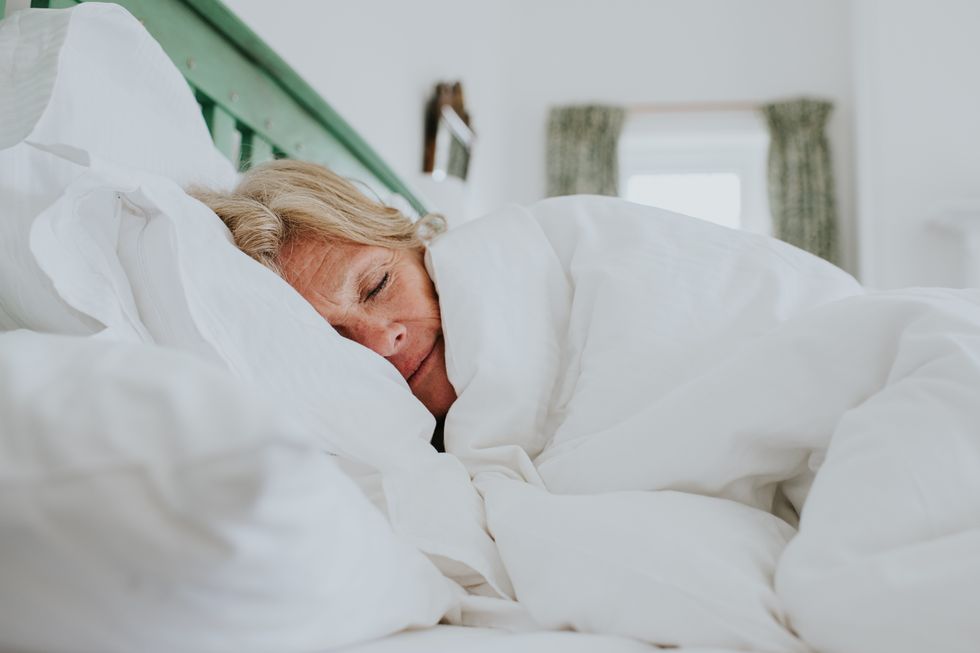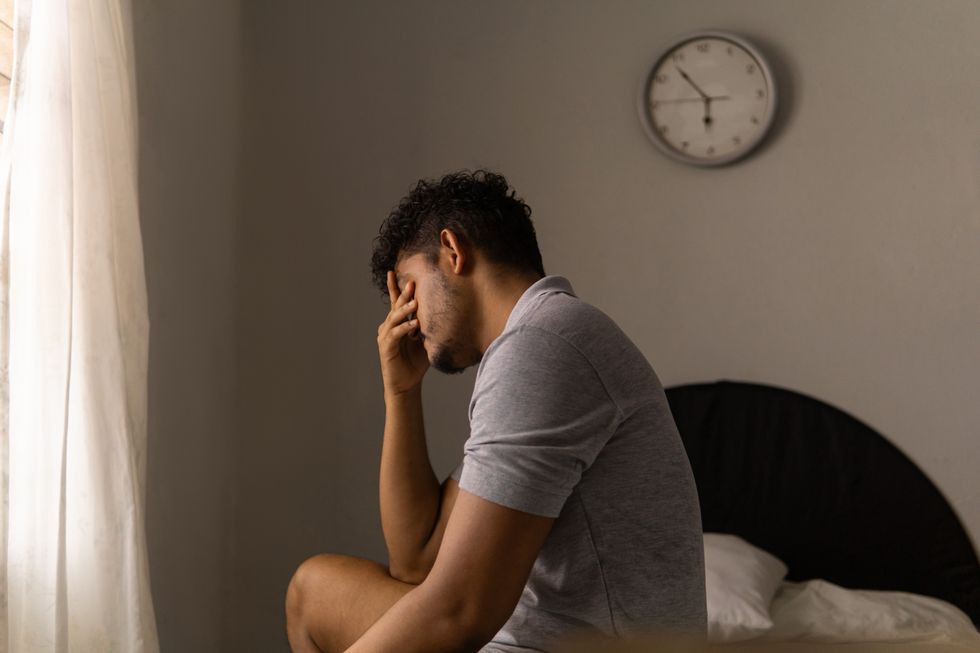Longevity: Expert warns lack of sleep causes 'faster ageing' - how to get a better night's rest and add years to your life

Scrimping on sleep could be knocking years off your life, an expert claimed
Don't Miss
Most Read
Latest
Sleep can be elusive, but repeatedly failing to sleep well can damage your health dramatically.
A sleep expert discusses the link between how sleep can affect biological ageing and shared some useful tips on how to drift off more easily.
Naturalmat’s resident sleep expert, Christabel Majendie, said: “People often associate ageing with the appearance of the skin but this is just one consequence.
"Ageing involves systematic accumulation of cellular damage with a decline in the ability to repair. Unlike chronological age, biological age is defined by physical characteristics and functioning.

Sleep can add years to your life, studies have shown
| GETTY"These can be measured by certain health markers taken from DNA, the blood and cells involved in immunity, metabolism or respiration.
"Studies have shown that these biological markers are reliable predictors of someone developing certain health conditions, but these association studies cannot prove that short sleep causes ageing without further research. They prove a link, but not the direction or whether the link is due to another factor.
"We know that as we age, the biological processes that regulate sleep weaken, and this affects quality and quantity. So, as we age, we become less able to sleep, and this leads to faster ageing."
Several studies have shown the links between lack of sleep and ageing. One study published in Sleep Health found that even small amounts of sleep deprivation in older adults can cause DNA damage.
While this can be concerning, research suggests sleeping more can improve your longevity. A study published in BMC Public Health tracked 3,306 participants aged 60 and above for a nine-year period.
It found individuals with consistent sleep durations of seven to eight hours had the highest likelihood of ageing successfully, defined as living free from major chronic diseases and maintaining good physical, cognitive, and mental health.
So if you struggle with sleep, expert Christabel advised on how to improve the quality and duration of your rest.
She said: "Start with getting enough hours consistently. Aim for seven to nine hours depending on what feels best for you, and keep the timing as consistent as possible, especially the wake-up time.
LATEST DEVELOPMENTS

Sleepless nights can be damaging to your health
| GETTY"Next, focus on what will delay your sleep and what will encourage you to sleep. Swap high or late caffeine intake, poor work/life balance, late meals, stimulating activities before bed, tech in bed for slowing down in the evening, eating earlier, stopping work and tasks, putting screens away to read or listen to something before bed, tech-free bedrooms."
As well as getting to sleep, the type of rest you get is important. Christabel outlined some ways to improve the quality of your rest.
She explained: "Alcohol, excessive evening fluid, stress, late light exposure, noise, heat, pain and discomfort can be detrimental. However, morning light, exercise, focusing on health and wellbeing, a bedroom that is dark, quiet, cool, calm and comfortable can all be beneficial."











